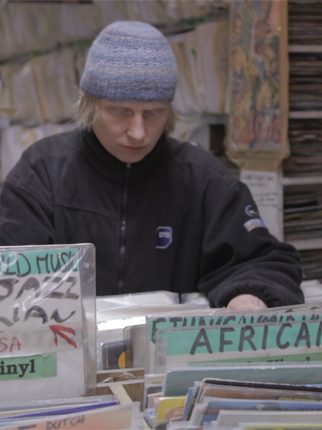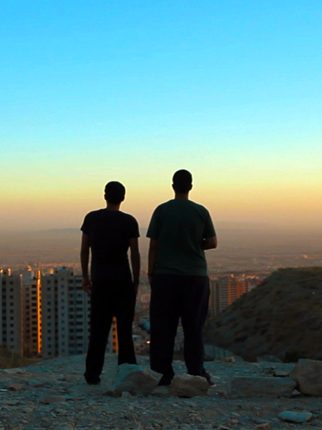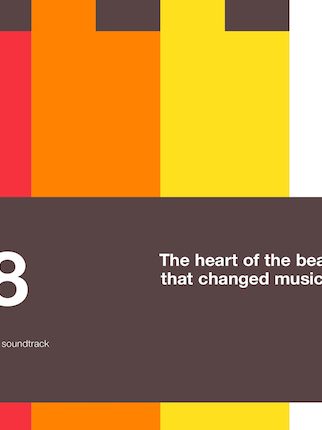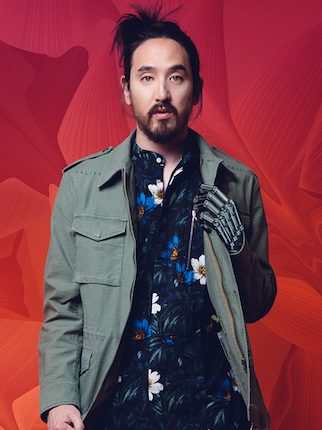“Before We Were Kings” Explores the Therapeutic Power of DJing

When Brandon Ross was a teenager, he didn’t have trouble talking to girls—but a couple of his DJ buddies did. So when Forbes proclaimed in 2012 that “DJs are the New Rock Stars,” he was surprised.
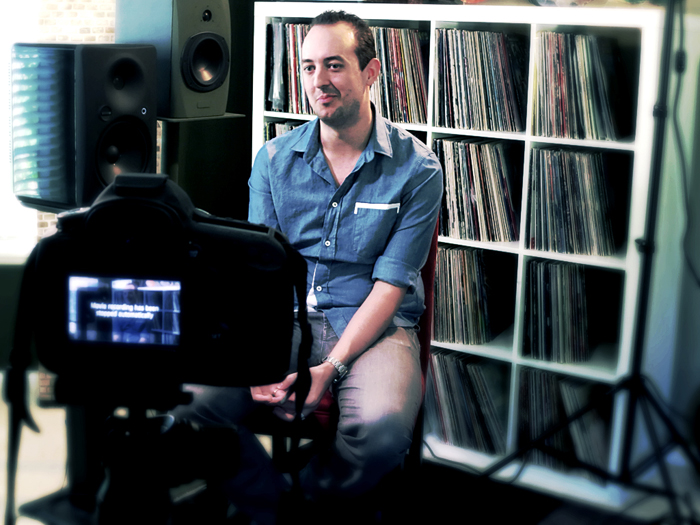
“It made me think about my yesteryears, when I was managing DJs,” says Ross, a documentary filmmaker in his early 30s. “I thought, ‘No, it wasn’t like that.’” The DJs he had managed were shy. They certainly didn’t have the swagger one associates with rock stars. What had changed?
Suddenly, he remembered how spinning had helped one of his most introverted friends come out of his shell. It clicked: What if turntables were an effective form of therapy? He began to explore, talking to neurologists and music therapists and interviewing DJs such as Moby and Wolfgang Gartner. Two years of research later, he’s made Before We Were Kings. It’s a documentary that examines how DJing is being used as therapy for those with social anxiety disorder, autism, speech impediments, and more. In short, it’s a film about the power of music.
Slowly and surely, as he became the center of attention, something about him being able to manipulate the music and the crowd helped him to come out.
Tell me how Before We Were Kings came about. Was there a specific incident that inspired the film?
I saw a different side of DJing firsthand. When I was a senior in high school, I started managing a couple of my friends who were DJs. One of them was very shy, very nerdy. If he were to get tested, he probably would have social anxiety disorder. While I was managing him, I started to notice his coming out of his shell when he picked up the turntables. This was the guy who asked me, “How do you talk to girls?” He didn’t have that type of social awareness. But slowly and surely, as he became the center of attention, something about him being able to manipulate the music and the crowd helped him to come out.
We want to raise the question, ‘Can music start being prescribed instead of Xanax?’
Having never suffered from social anxiety disorder yourself, was it an education doing this film?
With every documentary that I do, it’s almost like I get a Ph.D. Some music therapists working with kids with Asperger’s and autism are noticing that the equipment is helping them express themselves. When someone puts his hands on some turntables, what’s happening on a neurological level? Imagine taking your favorite song of all time and being able to manipulate it, slice it up, put the words where you want. When your favorite part comes up, you can expand that part. On the right side of the brain, something happens, especially for those on the autism spectrum.
So, how did you get these huge DJs involved? I wondered if anyone would be hesitant; it’s a scary thing—being a star and opening up, being vulnerable on camera.
When we first started approaching DJs, we wanted to talk to the ones who would talk. Right now, DJs are looked at as brands. We knew we had to go to those who wouldn’t just talk about their next album or club appearance. Once we found those who had a bit more substance, it was not difficult. Moby is an advocate of music therapy and a semi-expert himself. We found the older, more experienced DJs were willing to open up. Although they are still brands, they are already staples in the industry, so there’s nothing to prove.
Did anyone say no?
I won’t name names, but representatives for some of the headliners of these festivals hit us back like, I don’t know if we want to put our client out there like that. And that’s understandable. But I think fans will be intrigued because they’ve never seen these people open up before. Wolfgang’s interview was extremely open, and he asked some stuff be cut out—which we will, because it just got very personal.
What was your biggest takeaway from making this?
We want to raise the question, “Can music start being prescribed instead of Xanax?” Congresswoman Gabby Giffords got shot in the head; part of her recovery was music therapy. She couldn’t speak, couldn’t say anything. But when the therapist was singing along with her, she was able to sing the songs. Music needs to be introduced as a possible alternative to medicine.
Before We Were Kings is currently in post-production. Ross plans to submit it to Sundance, and he is in talks to tour the film and have its featured DJs perform after screenings.

